MASTER DEGREE OF
HISTORY EDUCATION
The basis for compiling the curriculum for doctoral and master’s programs at Postgraduate of UNJ refers to the level of the Indonesian National Qualifications Framework (KKNI), level 8 for the master’s program and level 9 for the doctoral program in accordance with the Academic Guidebook (BPA) of the Postgraduate of UNJ.
The curriculum component at Postgraduate of UNJ consists of general courses, expertise courses, elective courses, matriculation courses, and thesis/dissertation. A general course is general knowledge that underlies the formation of the ability to develop knowledge so that they are skilled in working in accordance with the basic knowledge mastered. General courses are directed at building the ability to carry out, organize, and manage research programs in accordance with the educational objectives of the study program. General courses are obtained by students in the first semester. General courses are given to students of all study programs. Expertise courses are groups of subjects that aim to produce experts with work based on the knowledge and skills mastered. Expertise courses are obtained by students in the second semester.
Elective courses are part of a group of study program courses and Basic Education Subjects (MKDK). This course is chosen by students in accordance with the field of thesis study and is obtained in the third semester. Matriculation courses are a group of subjects that must be taken by students with educational backgrounds that are not on the same level as the programs taken at Postgraduate of UNJ.
Matriculation courses are obtained by students before the first semester begins. A thesis for a master program and a dissertation for a doctoral program. Thesis and dissertation are scientific works that are obtained from the research results to solve problems and new discoveries in their fields. Thesis and dissertation are obtained by students in the fourth semester. The fundamental difference between the master’s program and the doctoral program at Postgraduate of UNJ is in implementing the final project research. Students must have a topic and a research plan for their final project or dissertation when registering for a doctoral program. Doctoral program starts research on the final project since the first semester.
Study Program Profile
The Master’s of History Education Study Program was established on October 21, 1993 based on the Higher Education Decree No 590/DIKTI/KEP/1993. The Master’s of History Education Study Program was established in UNJ together with the Education Technology Study Program, Language Education, Sports Education, and Population and Environmental Education.
There are 5 permanent lecturers in the History Education Study Program, which are lecturers who have a minimum doctoral qualification. The lecturers of the History Education Study Program have carried out a lot of research and community service which were then published in journal articles, national, and international proceedings. In addition, textbooks are also produced which are a form of lecturer’s commitment and responsibility to excellent service for students as well as to implement the Three Pillars of Higher Education.
Each year, the students accepted vary between 10-20 people. In 2020, the number of students in the History Education Master’s Program are 37 students. The origin of students varies from various regions in Indonesia such as Banten, South Sulawesi, DKI Jakarta, North Sumatra, Aceh and Maluku. Most of the students are history teachers, lecturers or those who want to have a career as a teacher in higher education,
especially in the History Education Study Program. Alumni of History Education Study Program are now scattered in Indonesia and many take part as history teachers, lecturers of history education study programs, government officials, non-governmental organizations and entrepreneurs.
The field of study of Master’s in History Education is History Education, which is a clump of education that is reflected in study program courses such as Evaluation of History Learning Processes and Results, Development of History Education Curriculum, and Development of History Learning Designs. Although engaged in education, historical content is an inseparable part of History Education, so historical lectures are also given to students such as Contemporary Issues in Indonesian History, as well as Philosophy and Historical Methodology.
The History Education Master’s Study Program is always open to partnership efforts and building networks with associations in the field of History Education such as the History Education Study Program Association (P3SI) and the All Indonesia Teachers Association (AGSI).
Teaching Staffs
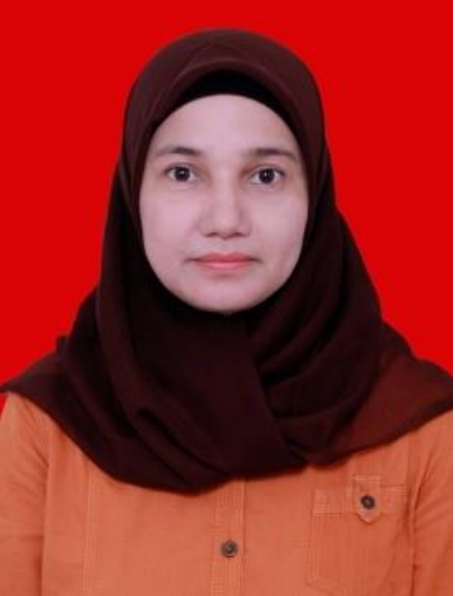
Dr. Kurniawati, M.Si.
Coordinator of Master Degree of History Education Study Program
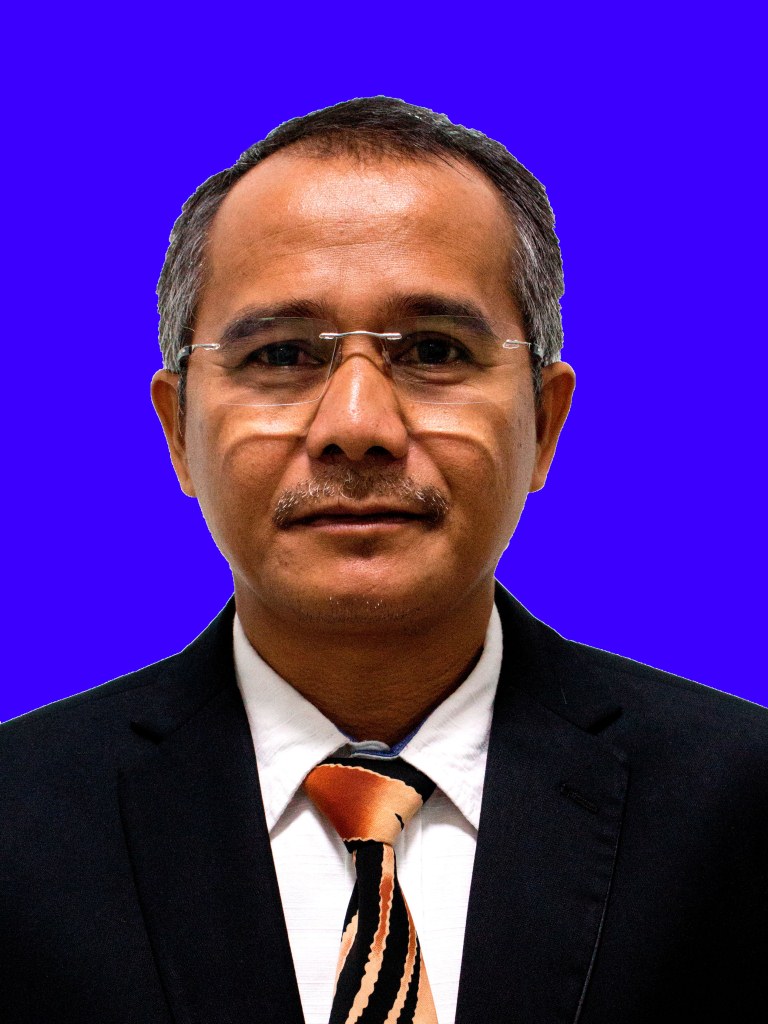
Dr. Abdul Syukur, M.Hum.
History of Islamic Culture, Science of History
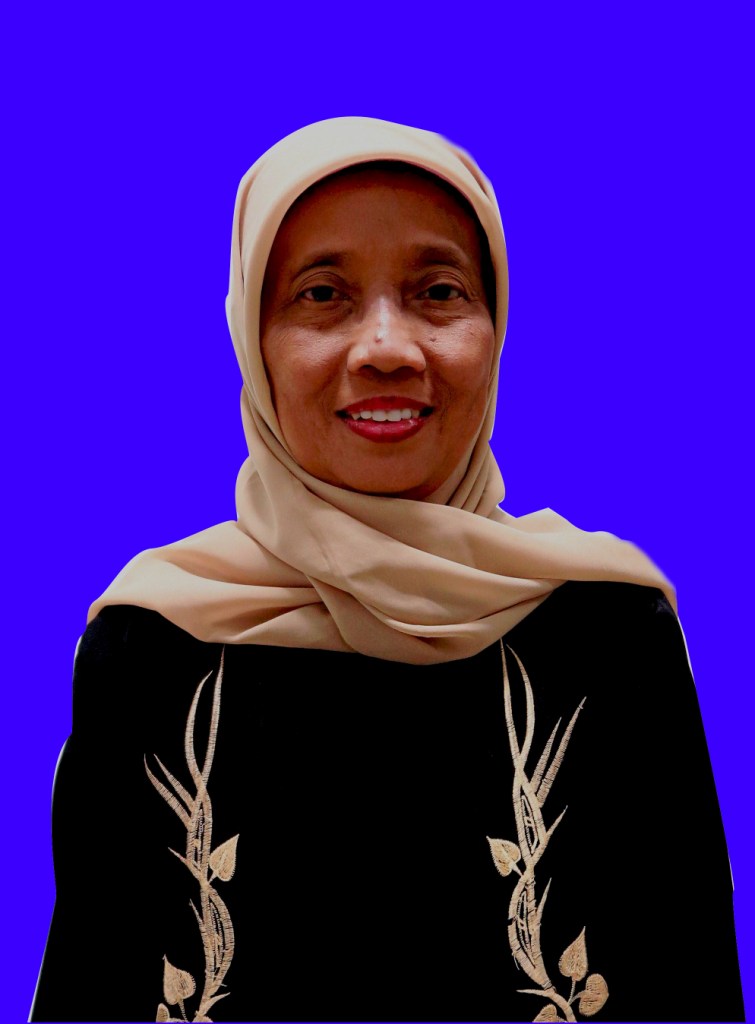
Dr. Umasih, M.Hum
History of Education, Historical of Science
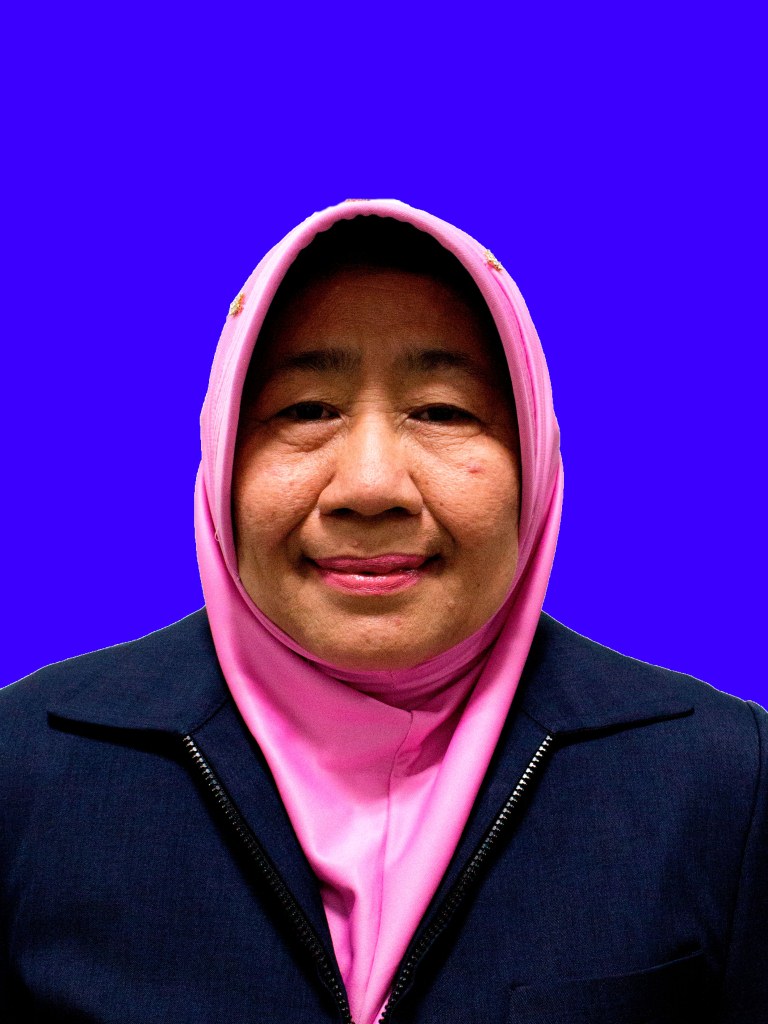
Dr. Corry Iriani Rochalina, M.Pd
History and Anthropology, History Education, Educational Technology
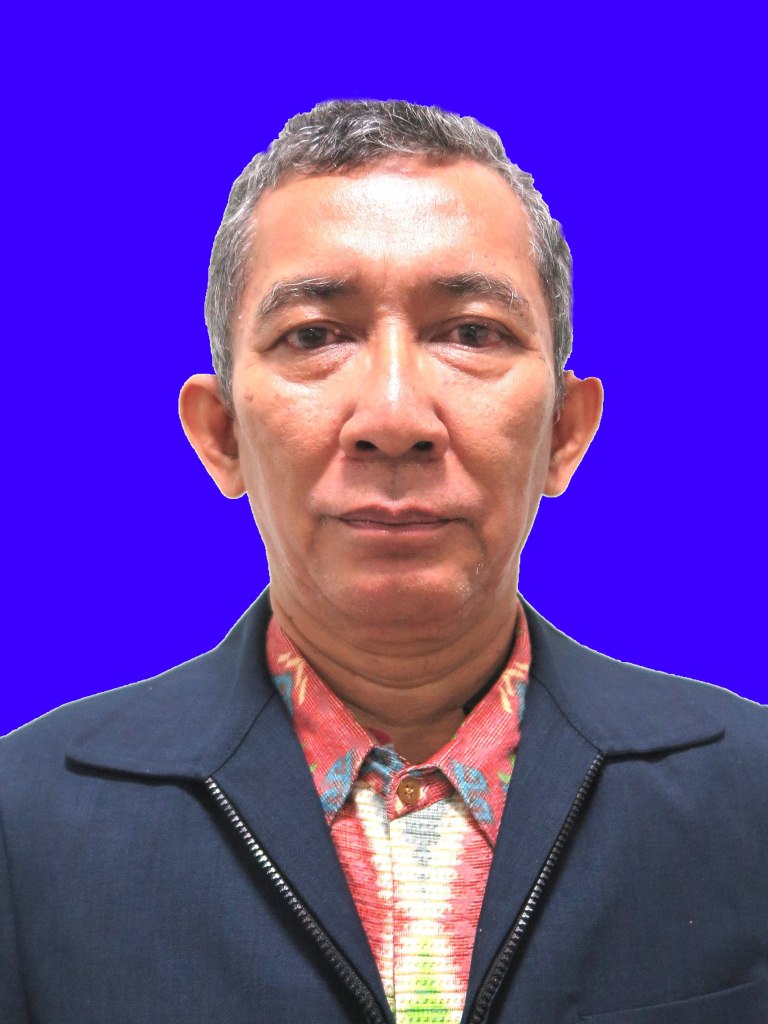
Dr. Nurzengky Ibrahim, MM.
History and Anthropology, Economics of Marketing Management, Educational Technology
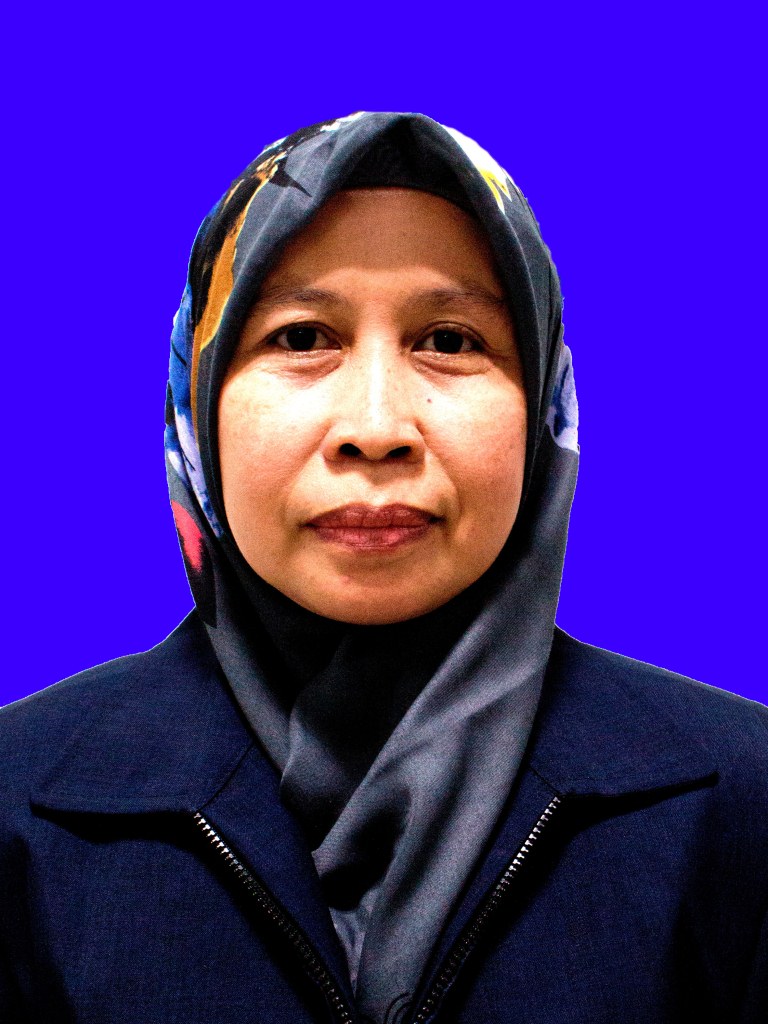
Dr. Nur’aeni Marta, M.Hum.
Science of History, Educational Technology
Objectives

In line with the objectives of organizing higher education at UNJ and Postgraduate, the Study Program sets the objectives of the Study Program as follows:
- Produce graduates who are able to develop creative innovations and produce quality works in history learning so that they are able to meet the needs of stakeholders;
- Developing research and community service in the field of History Education that can be used in history learning;
- Producing graduates who have competitive abilities in facing changes in the shifting values and challenges of globalization;
- Contributing to meet the needs of appropriate History Education experts.
Curriculum & Courses
The master’s program curriculum components contain the following
- General courses are general knowledge that underlies the formation of the ability to develop knowledge so that they are skilled in working in accordance with the basic knowledge mastered. General courses are directed at building the ability to carry out, organize, and manage research programs in accordance with the educational objectives of the master’s program. General subjects must be mastered by each participant of the master’s program from all study programs
- Expertise courses are groups of subjects that aim to produce experts with work based on the knowledge and skills mastered.
- Elective courses are part of the study program group and basic education subjects. This course is chosen by students in accordance with the field of thesis study.
- Matriculation courses are groups of subjects that must be taken by students who come from non-education programs and educational programs that are not on a level. This course provides a foundation of educational knowledge that must be mastered as a reference for mastering educational theories.
- Thesis preparation is a design that contains supporting courses in preparing a thesis final project or scientific paper with the aim of constructing theory and experience so that the thesis final project will be carried out well.
- A thesis is the result of a scientific work based on the results of research that meets the criteria of scientific research and disciplines of the study program as an effort to solve problems and disclose a scientific finding or develop new concepts.
Program Learning Outcomes
PLO of General Subject, Colloquium, Thesis, 1) Able to develop new knowledge about pedagogical theory, literacy, the benefits of technology and/or new arts of master’s program expertise, to produce solutions for improving the quality of life in society, nation and state through an interdisciplinary and/or multidisciplinary approach. 2) Able to master the theory and theory of application of the master’s program field of knowledge. 3) Able to solve science, technology and/or related arts problems in the master’s program field based on pedagogical theory, literacy, information technology through scientific methods with an interdisciplinary or multidisciplinary approach that internalizes academic values, norms, and ethics. 4) Able to develop research and development that is beneficial to master’s program science and the benefit of mankind, and is able to get national and international recognition.
PLO of Expertise and Elective courses, 1) Able to develop new knowledge about pedagogical theory, literacy, the benefits of technology and/or new arts of the doctoral program, to produce solutions for improving the quality of life in society, nation and state through an interdisciplinary or multidisciplinary approach. 2) Able to develop master’s program science or professional practice through research. 3) Able to solve science, technology and or related arts problems in the master program field based on pedagogy, literacy, information technology theory through scientific methods with an interdisciplinary or multidisciplinary approach. 4) Developing new theories in innovative learning by applying didactic-pedagogical concepts and principles by utilizing science of technology oriented to life skills and contributing to improving the quality of social life. 5) To obtain national and international recognition for the profession in a sustainable manner by conducting research as a reflective and evaluative action.
- Program Learning Outcomes of Master’s of History Education Study Program, 1) Able to develop pedagogical theory, literacy, the benefits of information technology in history education by practicing as a developer of history education models based on objective values, norms, principles, theories, concepts and historical facts to produce solutions in improving the quality of education for the benefit of humans through approaches interdisciplinary or multidisciplinary; 2) Able to produce knowledge of historical value as a result of logical, critical, systematic, and innovative thinking in practice as a developer of an innovative model of historical pursuit, media developer, history learning designer based on the profession in the field of history education technology who has social sensitivity and concern for society and environment; 3) Able to solve problems from various contemporary issues related to history learning as knowledge about the past and history learning as a vehicle for character building; 4) Able to apply solutions to history education problems in accordance with the needs of history education curriculum development that can inherit the values of the nation’s struggle that can foster nationalism and patriotism through tested and novel research and gain recognition at the national and international levels; 5) Able to apply innovative history learning by applying didactic- pedagogical concepts and principles in History Education by utilizing science of technology oriented to life skills and contributing to strengthening the sense of nationality in the Republic of Indonesia; 6) Able to apply professionalism in a sustainable manner in the field of history education by conducting research as an effort to develop historical literacy and digital literacy; 7) Able to designate the results of research and development in the field of historical education that are contemporary with inter- and multi- disciplinary approaches that are recognized by the history education community at the national and international levels.
Graduate Profile
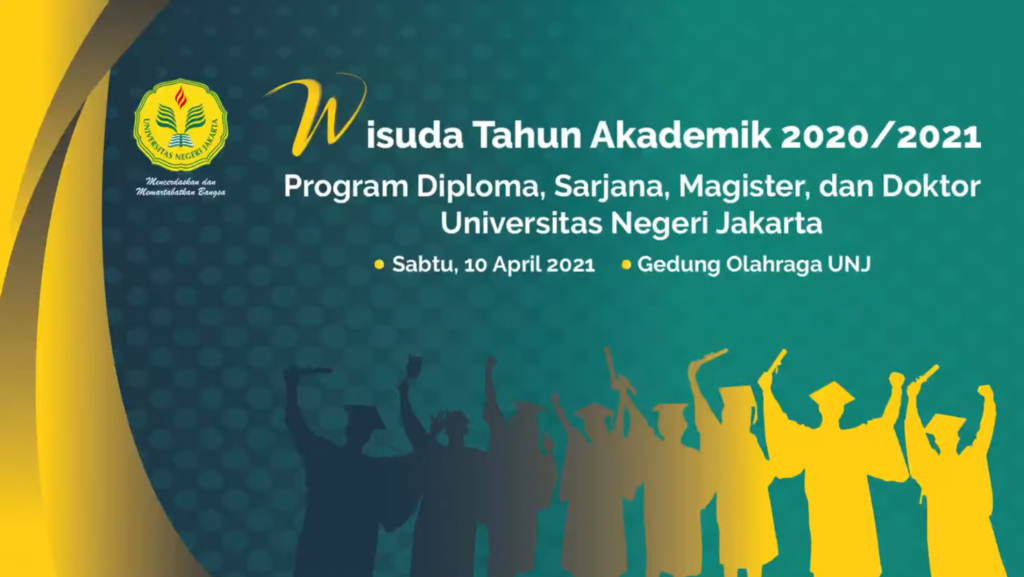
Lecturer
Educator in the field of History Education at undergraduate level in public and private universitiesResearcher
A reliable researcher in the field of History EducationWriter
Expert writer in history and/or history education- Historical Education Sector Developer
Developing curriculum learning models, assessment of history learning, program evaluators in the field of History Education
